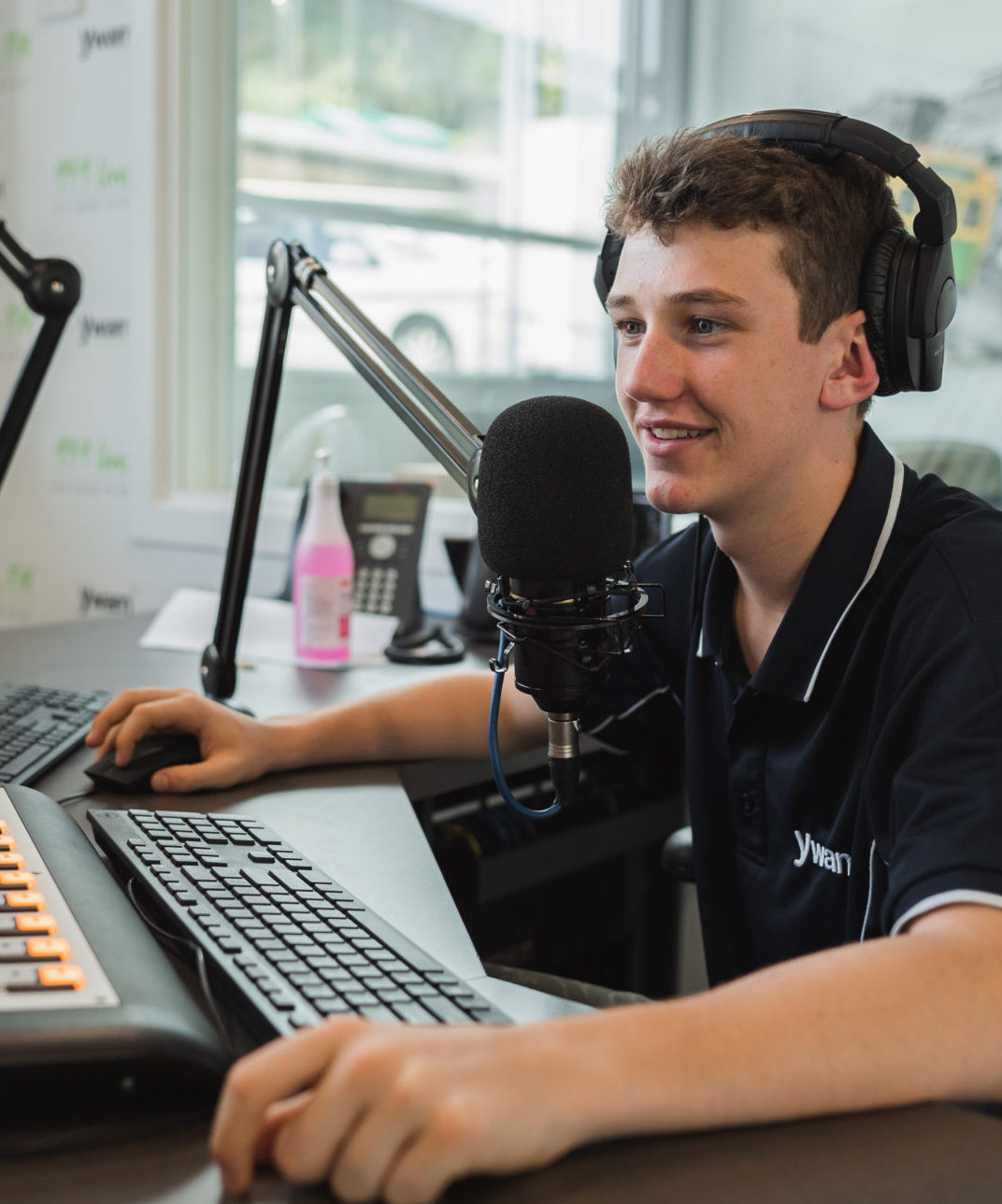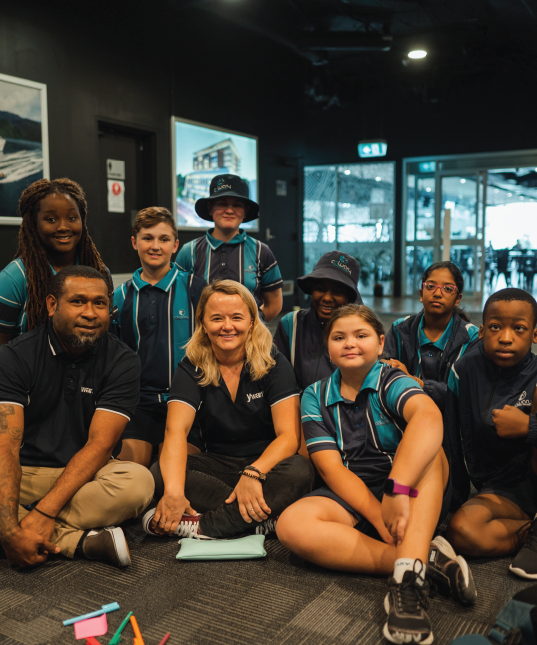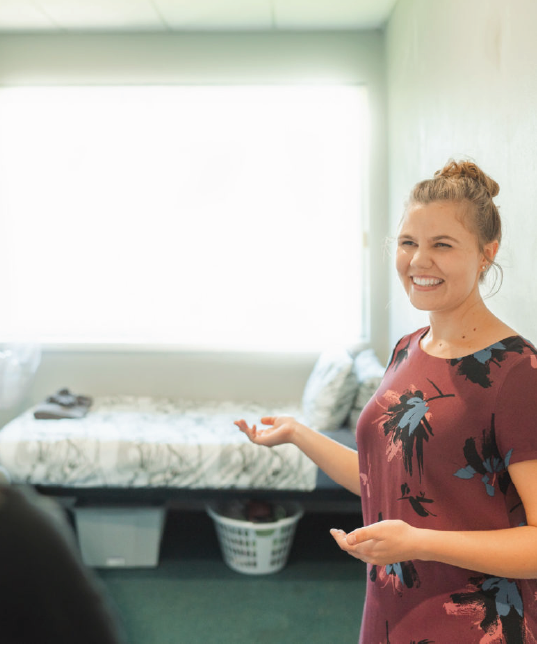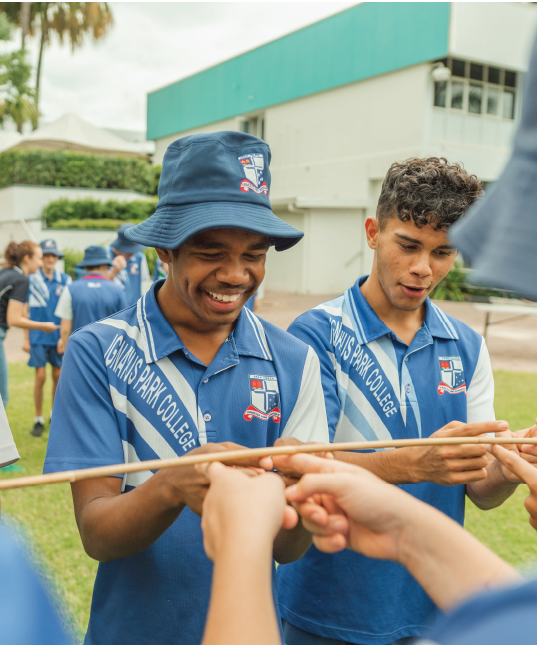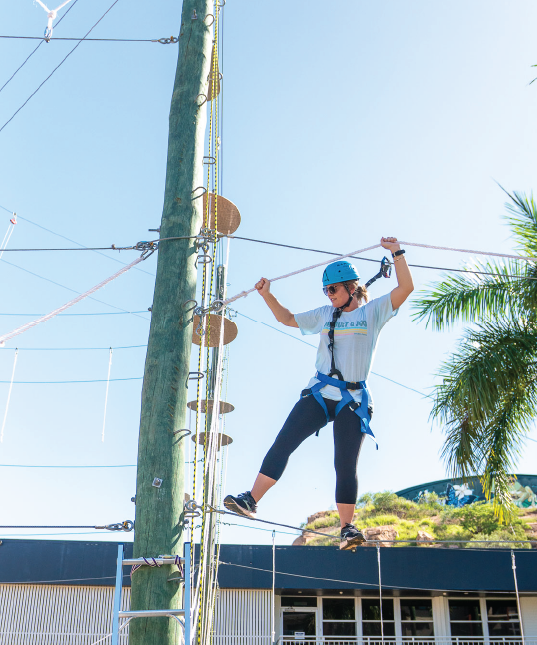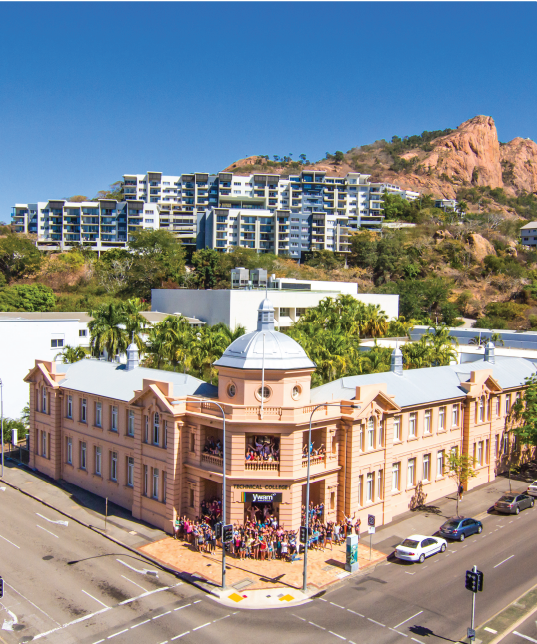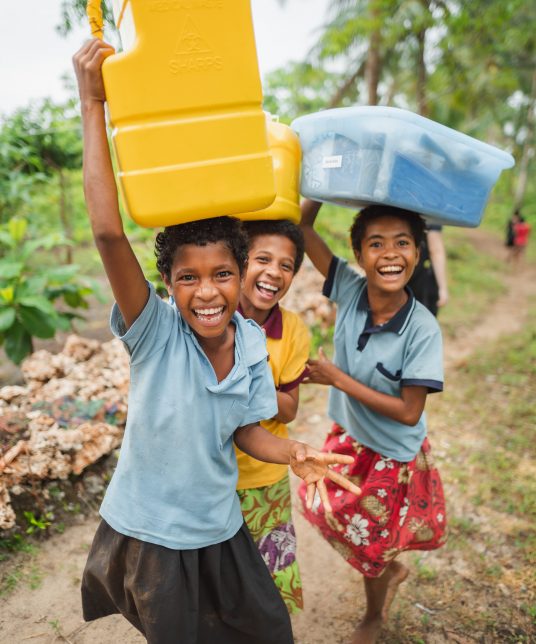Meeting Mary* has probably been the most testing part of outreach for me. At the end of each day my thoughts always end up making their way back to her direction. To say my heart was stirred by this young Papua New Guinean woman is an understatement. I met Mary last week when she turned up to the ophthalmology clinic in Kikori village, although I have wanted to write about her, since then I’ve found it hard to appropriately express the way my world has shifted and the way my heart has been broken.
Each day at the ophthalmology clinic a small crowd gathered outside. I noticed Mary straight away, wearing a thick hoodie on a 28 degree day really did look conspicuous. She wore a pair of dark sunglasses, the sides of which jutted from her thin face; at certain angles you could glimpse the plum purple and raised skin around her right eye. She waited for hours at the edge of the crowd; it was only until late in the afternoon that she tentatively approached one of the nurses.
Sitting inside the clinic Mary finally removed her sunglasses. The skin around the right eye was black and purple. The eye was closed shut with swelling. I went and sat with Mary in order to fill out her patient registration form. When I asked what had happened to her eye she told me that her husband had hit her.
The doctor led Mary to a room in order to analyse her eye under a microscope. Although I knew that Mary had been badly hurt, I was totally unprepared for what I saw. Bill, our ophthalmologist, pried Mary’s eye open. The sclera (the white part of her eye) was a dark brown, with patches and twists of crimson red. In contrast, her pupil was a light blue. Mary had been punched so hard that her retina had been detached. She had been blinded in her right eye.
Domestic violence is prevalent in all societies. Even though I know it occurs back home in New Zealand I guess I was not particularly aware of it, with the issue always being kept behind closed doors in someway regarded as taboo. After meeting Mary I quickly learned that domestic violence is somewhat accepted within Papua New Guinea society. When I talked to a community health worker in one of villages she told me that she sees cases of domestic abuse everyday, that it is normal here and widely talked about. She explained that if a woman has not made dinner by a certain time, a “beating” can be the punishment.
Some of the male volunteers on the Medical Ship go into villages and run ‘men’s talks’, where a range of issues that are relevant in Papua New Guinea are discussed, including domestic violence. After meeting Mary, I asked if I could come along to one of the talks in order to get some perspective.
The men talked about how it is important to think before you act; that when you are overcome with anger you are no longer in control. At the end of this talk the volunteers asked if anyone had any questions or anything to add. A softly spoken man, sitting near the front of the room slowly raised his hand, “If men are the boss of the house and the woman misbehaves then how are we supposed to deal with it?” A discussion ensued about how men and women are both created equal in God’s sight, and the importance of mutual respect. It is discussions like these that can help stop the cycle of domestic abuse.
My heart has been broken after meeting Mary and with the knowledge that there are many others that are just like her. After the doctor informed Mary that she will now be permanently blind in her right eye I spent some time talking and praying with her –that she would understand her true worth, that she would know that she is beloved beyond her understanding. I guess this has become my heart for this whole outreach; that the women of Papua New Guinea will come to know their true value.
Written by Lucy Kyle
*Name changed for privacy








